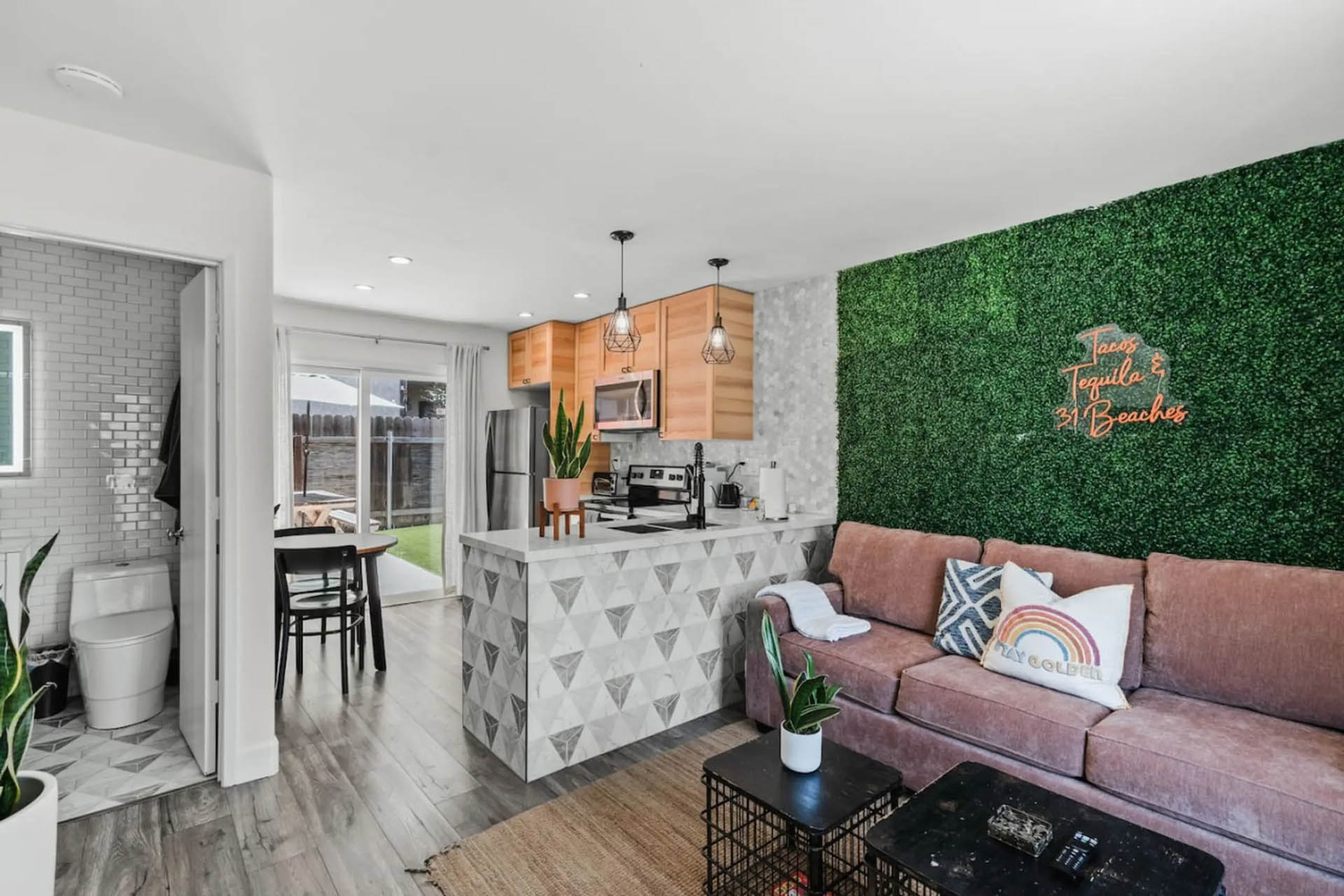San Diego has become a popular destination for short-term rentals, thanks to its warm climate, beautiful beaches, and numerous tourist attractions. However, with the rise of short-term rentals has come increased scrutiny from local governments, and San Diego is no exception. In this blog, we’ll explore the current short-term rental regulations in San Diego.
Background:
Short-term rentals are defined as properties that are rented out for less than 30 consecutive days. The growth of the short-term rental market has led to concerns over issues such as noise, parking, and property values. As a result, San Diego has implemented a series of regulations aimed at balancing the needs of property owners, renters, and the community at large.
Current Regulations:
The current regulations for short-term rentals in San Diego depend on the zoning of the property. In general, properties in residential zones are subject to more restrictions than those in commercial or mixed-use zones. Here are the key regulations to be aware of:
- Permits: In order to operate a short-term rental in San Diego, property owners must obtain a permit from the city. The application process includes a background check and a requirement to pay transient occupancy taxes.
- Cap on Licenses: The city of San Diego currently limits the number of short-term rental licenses to 1% of the total housing stock in each neighborhood. Once this limit is reached, no additional licenses will be issued.
- Occupancy Limits: The maximum number of guests allowed in a short-term rental property is determined by the size of the property and its zoning classification. In residential zones, the maximum occupancy is typically limited to two people per bedroom plus two additional guests.
- Noise Restrictions: Short-term rental properties are subject to noise restrictions, and property owners can be fined if their guests violate these restrictions.
- Insurance Requirements: Property owners must carry liability insurance and provide evidence of this insurance when applying for a short-term rental permit.
- Safety Requirements: Short-term rental properties are subject to safety requirements, including smoke alarms, carbon monoxide detectors, and fire extinguishers.
Penalties:
Property owners who violate these regulations can be subject to fines and even the revocation of their short-term rental permit. In addition, San Diego has implemented a complaint-based enforcement system, meaning that neighbors can file complaints if they believe a short-term rental is violating the city’s regulations.
Conclusion:
If you’re considering investing in a short-term rental property in San Diego, it’s important to be aware of the current regulations. By following these regulations and being a responsible property owner, you can help ensure that short-term rentals continue to be a positive force in the community.






